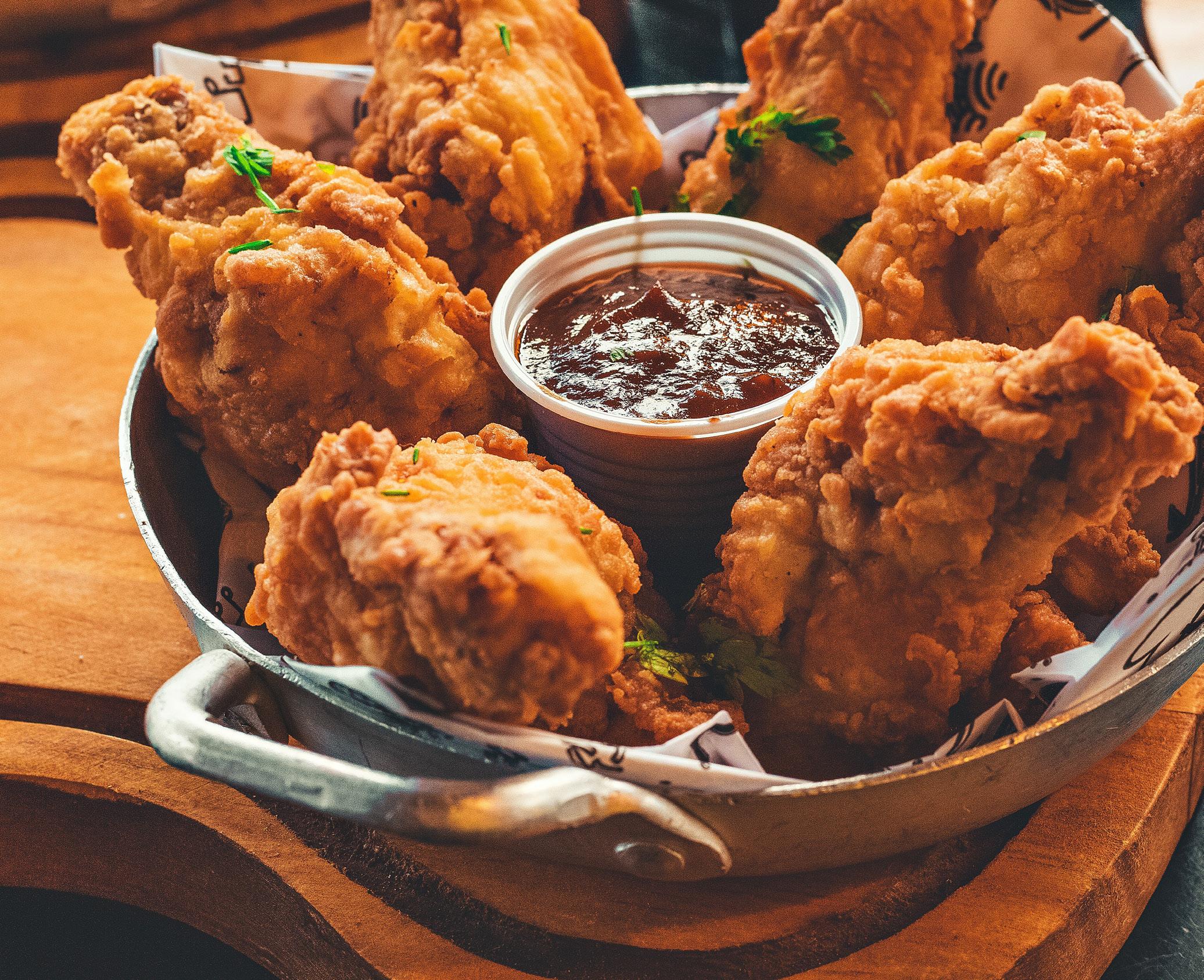
4 minute read
Ramadan Guide
The Ramadan Guide
Ramadan is a celebration of faith and introspection; it is also a great time to keep fit and healthy in spite of the lavish feasts during this month. Bahrain Confidential’s Ramadan Guide will provide information and advice on maximizing health gain during the fast. The month of Ramadan is a great opportunity to focus on bringing back a balanced and healthy lifestyle in your life.
Advertisement
Always remember: health is the key to happiness! Make this Ramadan the turning point in your life.
HEALTH AND WELLNESS

How does fasting affect the body?
Fasting is the willing abstinence or reduction from some or all food, drink, or both, for a period of time. For many people the key question regarding fasting is whether it is good or bad for your health. What happens to your body during a fast?
During fasting hours when no food or drink is consumed, the body uses its stores of carbohydrate (stored in the liver and muscles) and fat to provide energy once all the calories from the foods consumed during the night have been used up. As the Ramadan fast only extends from dawn till dusk, there is ample opportunity to replenish energy stores at pre-dawn and dusk meals.
Benefits of fasting
Through fasting you begin to learn how to manage your eating habits, how to improve self-control and discipline. Aside from this, it can also:
• Can help you beat addictions. • It gives the digestive system a rest. • It is a great way to start a healthy diet. • Normalizes insulin sensitivity. • Promotes the detoxification process. • Can reduce your hunger levels • It can boost the immune system. • Can reduce high blood pressure.
Possible remedies for side effects

Depending on the weather and the length of the fast, most people who fast during Ramadan will experience mild dehydration, which may cause headaches, tiredness and difficulty concentrating. Here’s what you can do if you’re experiencing the following:
Heartburn (Indigestion)
The stomach is an acidic environment, designed to digest food and kill bacteria. Fasting usually reduces the amount of acid produced, but thoughts of food or the smell of it makes the brain order the stomach to produce more acid. Hence if there is a net increase in acid, heartburn could be a problem during the fast.
Remedy: Eating in moderation, avoiding oily, deep fried or very spicy food. Reducing caffeine intake and/or stopping smoking can also be of benefit.
Headache
Headaches during a fast could commonly be due to dehydration or hunger, inadequate rest, or due to the absence of habits like coffee and cigarettes. Remedy: A healthy and balanced diet, adequate quantity of fluid, not exposing oneself to direct sunlight.
Dehydration
The body continues to lose water and salts through physical activities, weather conditions, and drinking habits.
Remedy: Prevention is always better than cure. Adequately re-hydrate before a fast.
Stress
Lack of food and water, changes of routine and shorter periods of sleep can all collude to increase stress levels.
Remedy: Address any potential sources of stress in order to minimize harmful effects. This can be helped by not taking on more than you can reasonably handle, not playing sports in the hot sun and controlling your anger in advance.
BREAKING THE FAST
Foods that harm and foods that benefit
The fasts of Ramadan can improve a person’s health but - if the correct diet is not followed - can possibly worsen it! A sufficiently balanced will keep a person healthy and active during this month…
Suhoor
Suhoor, the pre-dawn meal should be a wholesome, moderate meal that is filling and provides enough energy for many hours. It is therefore particularly important to include slowly-digesting foods in the suhoor.
Iftar
Iftar is the meal which breaks the day’s fast. This meal could include dates, following the traditions. Dates will provide a refreshing burst of much needed energy. Refreshing ruit juices will also have a similar, revitalizing effect. The meal should remain a meal and not become a feast! Try to minimize the rich, special dishes that traditionally celebrate the fast and keep to the advice included in the table above.

T

Foods to Avoid
• Deep fried foods like samosas and fried dumplings • High sugar foods and sweets • High fat cooked foods and greasy pastries
R
Alternative Foods
• Whole grains like chick peas, baked samosas instead of fried and boiled dumplings • Milk-based sweets and puddings • Baked meats or home-made pastries








